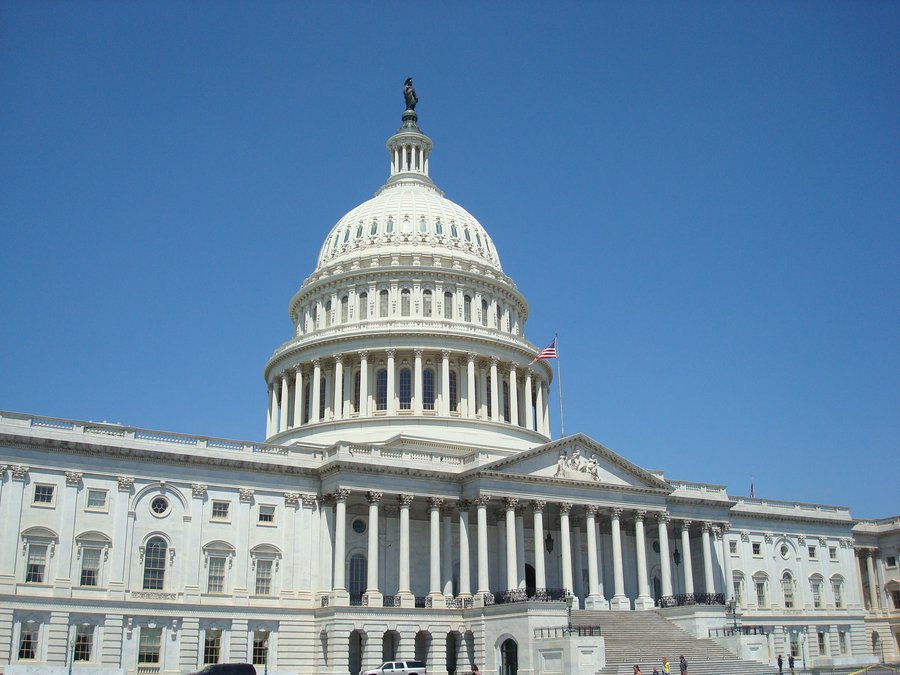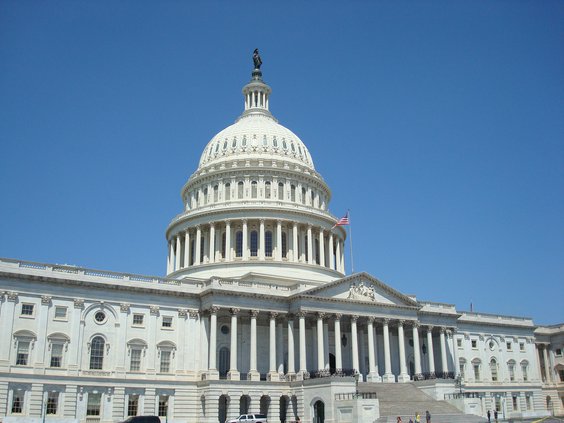WASHINGTON (AP) — By a vote of 286-134, the House of Representatives on Friday approved a $1.2 trillion package of spending bills just a few hours before funding for some key federal agencies is set to expire.
However, at press time late Friday night the Senate bogged down, increasing the prospects that funding for some key federal agencies could lapse and initiate a partial government shutdown beginning today.
Rep. John Duarte (R-Hughson) voted to approve the package, while Rep. Tom McClintock (R-El Dorado Hills) voted against it. Both Duarte and McClintock represent portions of Turlock.
“Since entering Congress, I’ve voted for every resolution to keep the government open and working for the families in my district,” said Duarte, who is expected to face a tough re-election campaign against former Assemblyman Adam Gray (D-Merced) this fall. “My vote on (Friday’s) bill, the Further Consolidated Appropriations Act of 2024, saves taxpayers more than $200 billion over the next 10 years by cutting wasteful government spending while strategically increasing defense spending, and fully funding our veterans’ health care and benefits. Moreover, it averts a government shutdown that would disrupt federal programs that our community members rely on.”
McClintock didn’t see things that same way as his colleague.
"Just as you can’t drink yourself sober, you can’t borrow your way out of debt and you can’t spend yourself rich, yet with this bill, Congress keeps trying,” said McClintock, who will be seeking his ninth term in Congress this fall. “This continues to bury us in unprecedented debt that has destroyed many nations in the past and now threatens ours.”
The vote breakdown showed 101 Republicans voting for the bill and 112 voting against it. Meanwhile, 185 Democrats voted for the bill and 22 against.
Speaker Mike Johnson (R-La.) brought the bill up under a streamlined process that required two-thirds support for approval. The vote was exceedingly tight, a reflection of anger among Republicans over the content of the package and the speed with which it was brought to a vote.
Signaling more trouble ahead, Rep. Marjorie Taylor Greene (R-Ga.) initiated an effort to oust Johnson as the House began the vote but held off on further action until the House returns in two weeks. It’s the same tool that was used last year to remove the last Republican speaker, Kevin McCarthy of California.
“We’ve started the clock to start the process to elect a new speaker,” the Georgia congresswoman said on the Capitol steps.
McClintock is not on board with Greene’s motion to vacate.
“I think that Ms. Greene’s efforts are as helpful as a loose cannon in a hurricane,” said McClintock.
Rep. Matt Gaetz of Florida, the Trump ally who engineered the ouster of McCarthy by a smilier contingent of far-right Republicans, warned against trying to oust Johnson.
“If we vacated this speaker, we’d end up with a Democrat,” Gaetz predicted. “When I vacated the last one, I made a promise to the country that we would not end up with a Democrat speaker. ... I couldn’t make that promise again today.”
Greene did not file the motion as privileged — which would force a vote within two legislative days — but instead as a regular motion, which could be referred to a committee, where it could languish.
Also on Friday, Rep. Mike Gallagher (R-Wis.) announced he will leave office in April, leaving the Republicans a one-vote advantage in the House that will make it even harder to pass legislation. Gallagher’s departure makes the Gray-Duarte battle even more significant as the Democrats seek to win back the Speaker’s gavel.
— Turlock Journal staff writer Joe Cortez contributed to this article.






